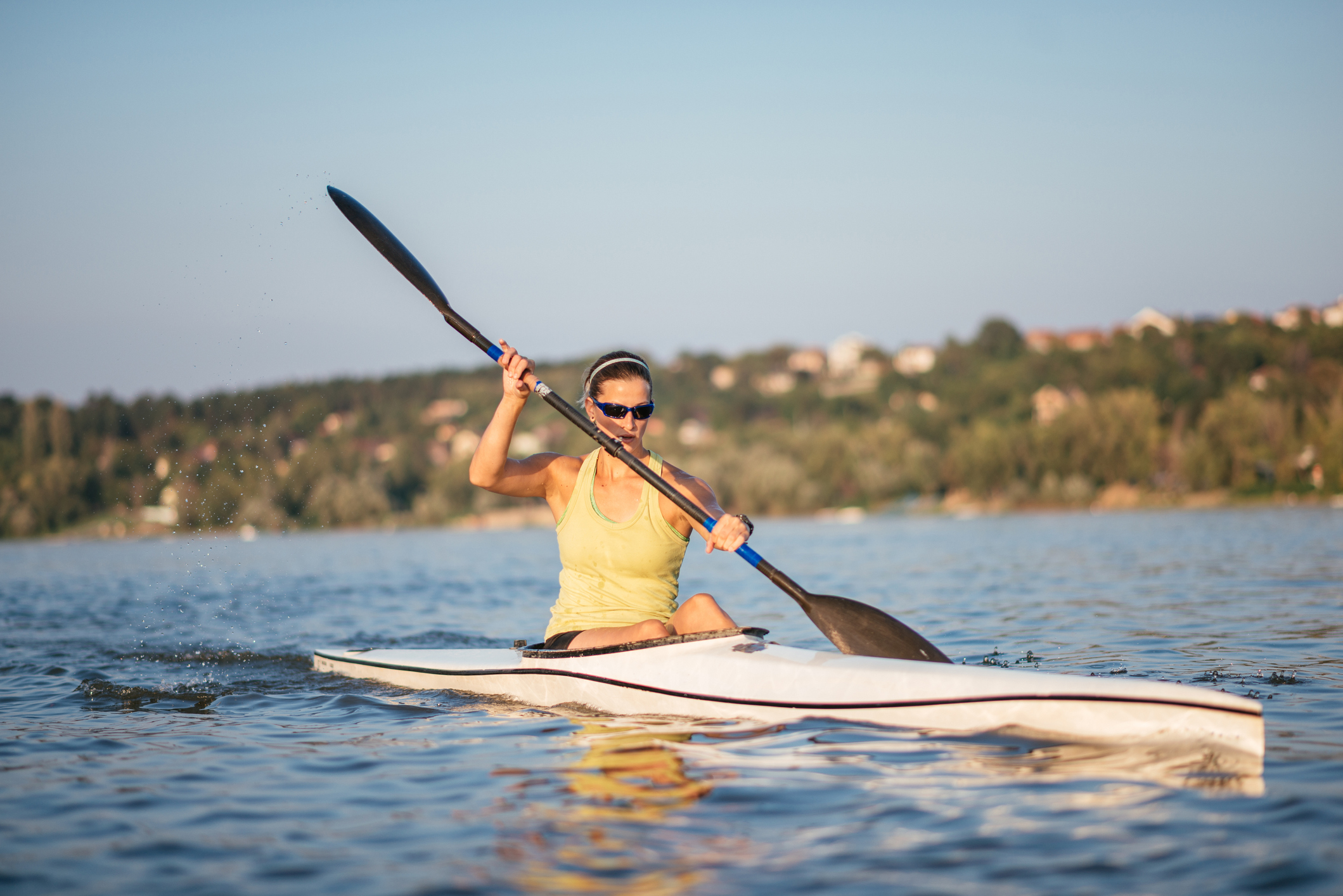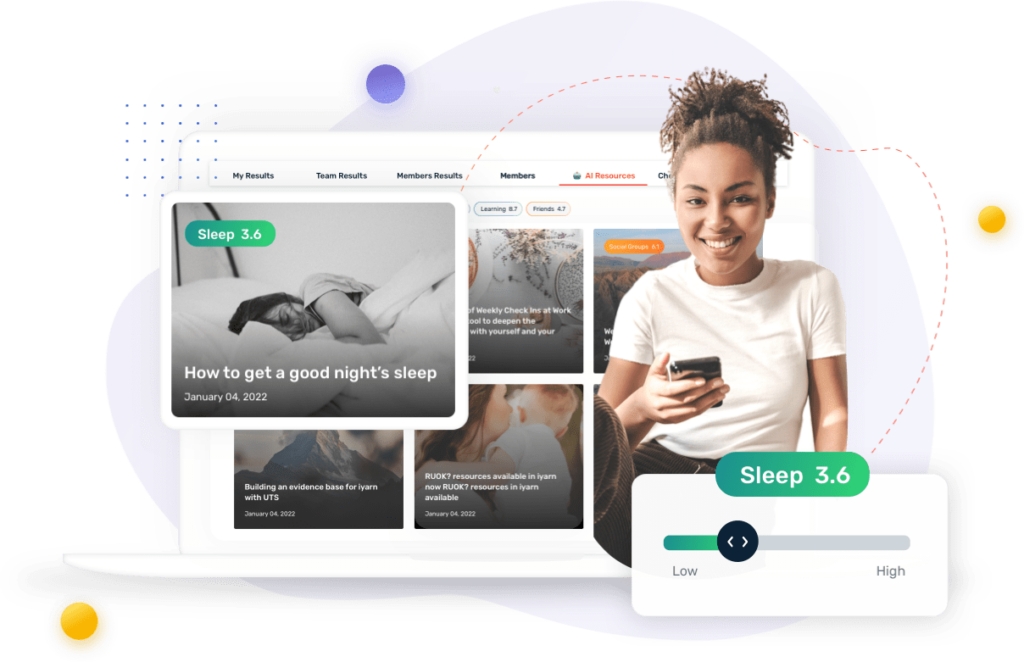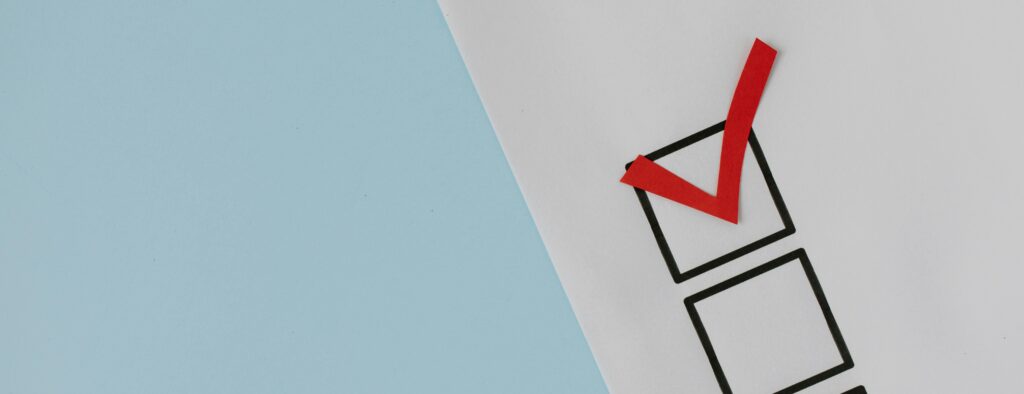Kayakers, Canoeists and Ski Paddlers: Athlete Wellbeing for Paddlesports
Paddle sports have blossomed in recent years. Paddling now encompasses surf skis, stand up paddle boards and various types of downriver or whitewater paddling. The number of paddlers is steadily climbing.
Paddlers of all types face many pressures and distractions as they strive to succeed in competition, from amateur up to elite levels of competition. Coaches and clubs have a key role to play in helping paddlers triumph through all this.
In this feature, we’re taking a look at how coaches and clubs can help their paddlers to overcome adversity, by focusing on connection with those around them.
A Holistic view of Athlete Wellbeing
Athletes need to find the right balance between the requirements of their sport, their wellbeing and their activities outside of training and competition. This gets really tough at the elite levels, but difficulties exist for athletes at almost all levels of the sport.
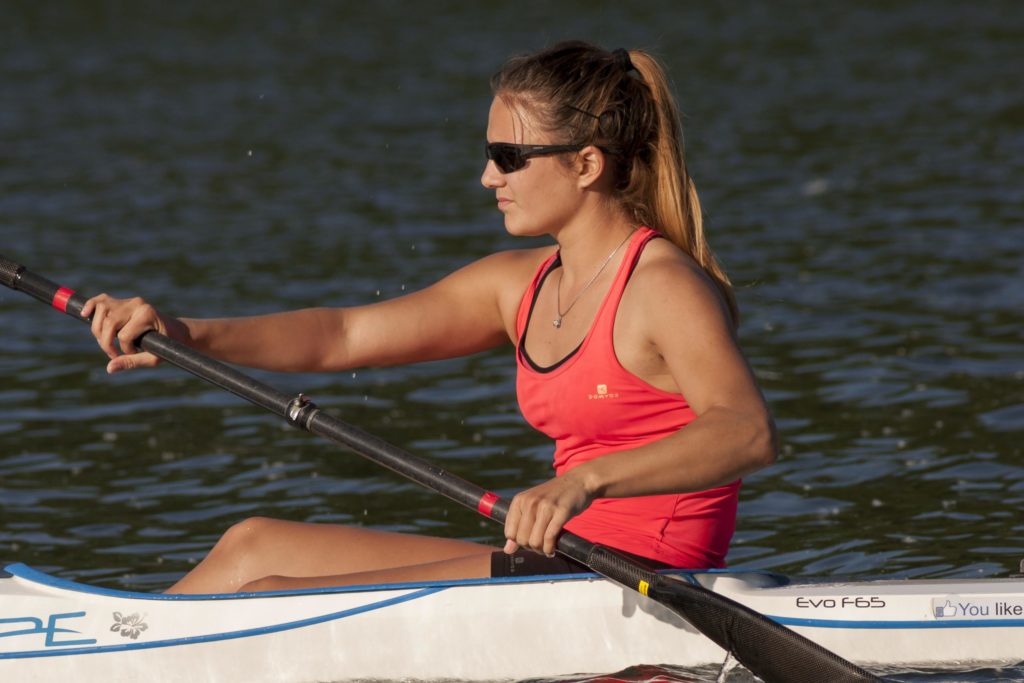
Many Sources of Stress and Pressure
There are a wide range of circumstances or life events that can get in an athlete’s way. Understanding these stresses helps us to understand the nature of wellbeing for an athlete.
Competitive Pressures
Managing a training load can be difficult. It can be tough to even earn a spot in a squad or for a specific event, and that’s before the pressures of race day, the risk of injury or the challenges of executing with the required technique.
Organisational Pressures
This includes the practicalities of training, the logistics of travel and accommodation, or perhaps conflict with coaches or teammates. The level of support provided by a club and/or peak body can also impose pressures on a paddler.
Personal Issues
Almost all athletes will have commitments outside of paddling, whether that is work, study or something else. Some will face traumatic life events, relationship issues or perhaps financial hardship. Paddlers may also face challenges with sleep, addiction, anti-social behaviour or other elements of daily life.
Achieving Wellbeing in Paddlesports
An athlete’s well-being is impacted by their situation on and off the water, so a holistic approach is required.
Individual athletes, coaches, teams and support staff all have a role to play in supporting athletes to establish and maintain their wellbeing. For younger athletes, parents will also play a critical role.
When athlete wellbeing can’t be achieved, paddlers run the risk of impacting their development, their race day performance and possibly even their physical or mental health. There is a lot at stake.
In that light, efforts to monitor and improve a paddler’s wellbeing should be proactive. Great harm can be done by waiting for signs that an athlete is struggling.
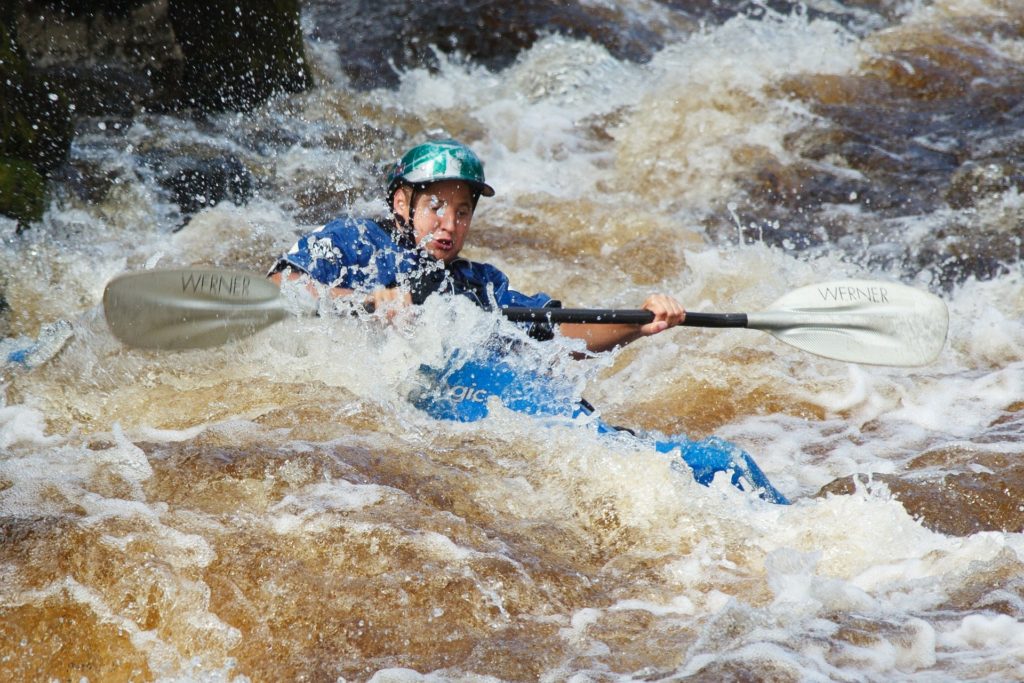
How to Evaluate Athlete Wellbeing in Paddlesports
There are numerous approaches by researchers to develop measurement tools that offer the best representation of athlete wellbeing. While that is an ongoing exercise, in general, athletes and their teammates, their coaches and support staff, and others can reflect on the following areas to get a sense of how an athlete’s wellbeing is tracking.
General Mood
Are they happy?
Satisfaction with Training and Competition
Is the paddler enjoying their chosen sport? Are they highly motivated to train and compete? Are they showing signs of burnout?
Body Function and Body Image
Is the paddler satisfied with their health? Do they have a positive perception of their body image? Is the paddler recovering as expected from injuries or niggles?
Managing Stress and Pressures
Does the athlete arrive at training ready to perform, considering sleep, nutrition and focus?
Do they seem to be managing the difficulties that they face, including work, study or other pressures? And do they have a support network in place to help them manage these difficulties?
Signs of Distress
Is the paddler showing signs of stress, anxiousness or worry?
Life Outside Paddling
Does the athlete have good relationships outside of paddling? Are they well supported by family, friends and others?
Creating a Safe Space to Discuss Athlete Wellbeing
It’s not always easy for a paddlesport athlete to discuss their wellbeing. And its not always easy for a coach to help them.
Paddling clubs have a role to play in supporting the wellbeing of their athletes by creating a safe space for these conversations to begin. There are many actions a club can take to support this kind of culture. For example:
- Educate and inform your members – Help your paddlers to understand that athlete wellbeing is a common issue that can be managed.
- Encourage two way conversation – Its an outdated stereotype that coaching is a top down, one-way process. If you’re a coach or administrator, encourage feedback and dialogue with your paddlers.
- Make mental health a priority in your club – Mental health is a common challenge that has a huge overlap with athlete wellbeing. The mindset and language of club leaders really matters.
- Identify a focal point – Identify a champion or small working group within your club to lead efforts for athlete wellbeing and mental health. Support those people (and others) to receive training that fosters mental health in the club.
- Support awareness campaigns – There is an increasing number of resources available to sporting clubs to support the awareness of mental health issues.
- Make it normal to chat about wellbeing – Clubs and coaches have a key role understanding the day-to-day health of their athletes through questions like “How are you feeling?” Clubs can also help by ensuring athletes understand the nature of wellbeing and have a safe space to discuss mental health or challenges outside of paddling.
- Measure athlete wellbeing – there are many tools to measure athlete wellbeing. These range in complexity and cost… but a simple conversation is free.
- Know your audience – Each generation is a little different to the one before. Gen Z prefer to communicate with methods that are quick and usually electronic. And if you want to measure athlete wellbeing, remember that these paddlers will probably prefer a quick rating rather than entering lengthy text.
Sporting clubs have been urged to take a particularly active role in supporting their athletes during the COVID-19 pandemic. If ever there was a time to lift your club’s focus on athlete wellbeing, the time is now.
Get Help to Spark Deep, Honest Conversation in Your Club
iYarn is an app that’s been built to help people connect to themselves and others. It’s an app that supports groups to develop their own skills to connect and support each other.
iyarn is well suited for paddlers, coaches and paddling clubs to talk about athlete progress and athlete wellbeing.
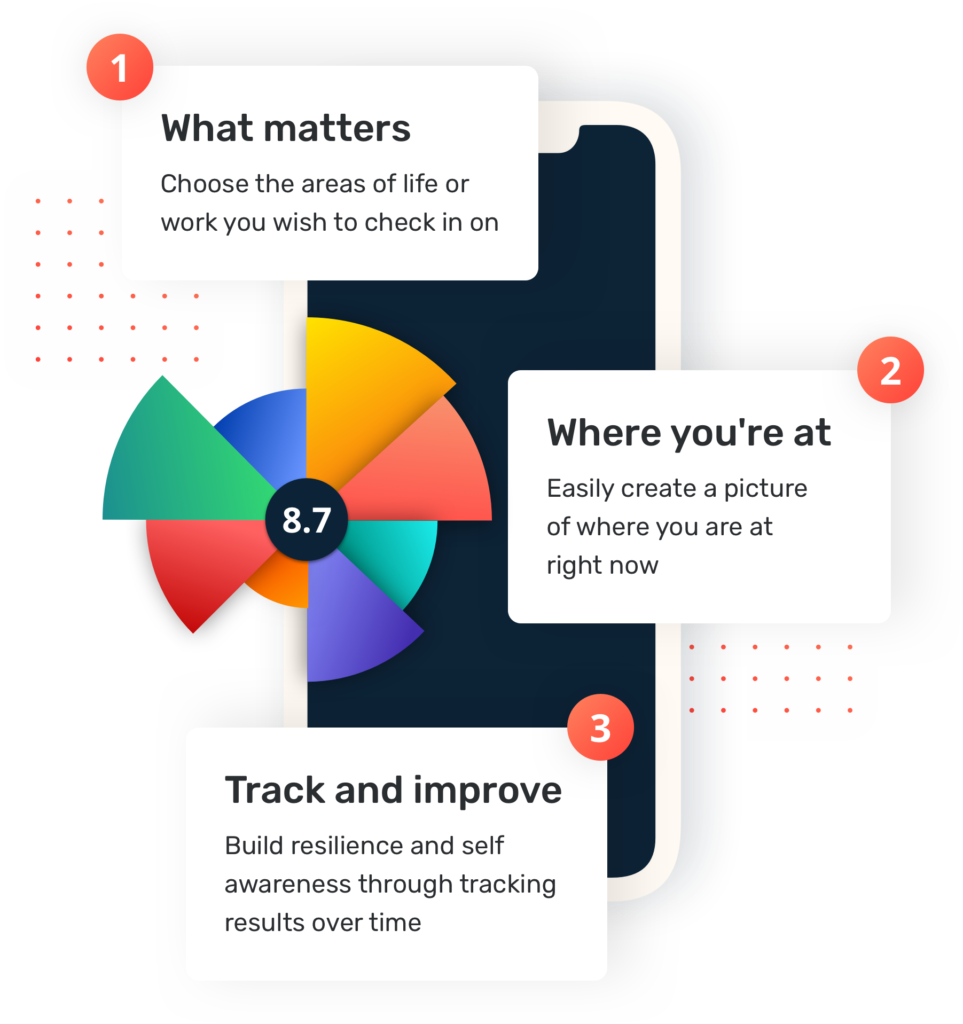
How can Technology like iyarn Help?
An iyarn check-in is a catalyst for conversation and an opportunity to explore mental health specifically. iyarn allows you to:
- Quickly collect data from an individual paddler or paddling squad
- Initiative conversations on topics that matter
- Monitor data for trends over time
This data quickly builds up. It’s useful for personal reflection, but the primary reason for completing this wheels is as a discussion point with trusted friends, coaches and peers.
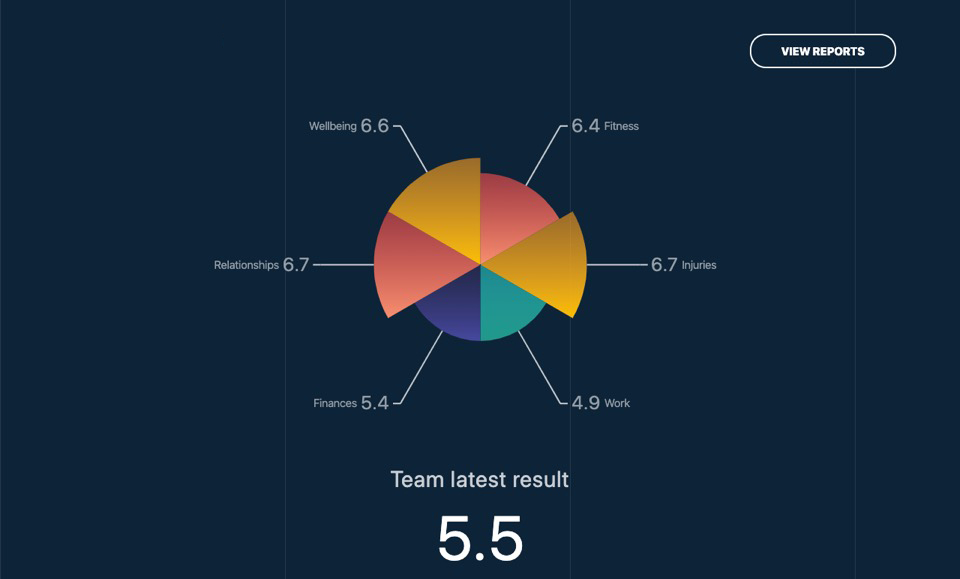

iyarn works fantastically with coach-swimmer one-on-ones. Pair iyarn with WhatsApp or Messenger video calls, and you’ve got a tool for keeping engaged with your club, even in self-isolation and times away from the training track.
Tips to Make the Most of iyarn
iyarn is all about unlocking good, honest conversation between people.
In general, the tips for using iyarn as a spark for conversation in clubs are:
- Talk about the positives.
- If people are comfortable, talk about the negatives. Note this may take some time.
- Talk about progress over time.
- Talk about actionable next steps that’ll help to improve ratings.
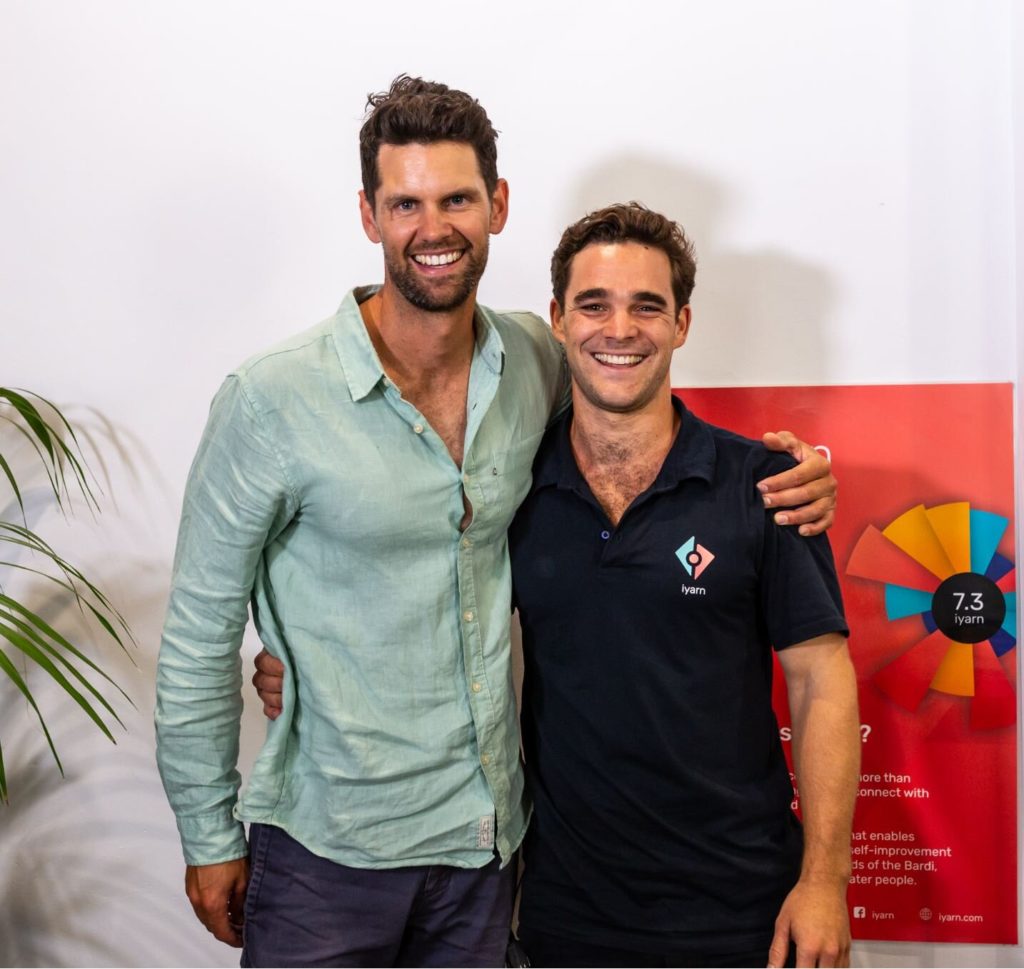
Listen in to our Yarns with Olympic and World Champion Paddlers
iyarn founder Lockie Cooke caught up with Olympic paddler Dan Collins and SUP World Distance Champion Michael Booth for the the iyarn yarn podcasts. Tune in to their chats about paddling and life!
Lockie also caught up with Olympic paddler and 5-time Australian national champion Jesse Phillips on an earlier episode. Jesse talked about the role of asking deeper questions and the value in using iyarn to spark these conversations:
I would use this, particularly for the teenage elite athlete pathway. There are so many competing focal points in their life. I’ve been working with a sports dev officer, and I’m asking him questions about his athletes to find that marriage between asking too much of athletes at a certain time of their development. The social pressures at school, the hormones that are changing in young people’s bodies, likely trying to keep up socially on the weekends, that, plus doing 5-8 sessions a week in any sporting discipline, it would really make it easier to have a clear-cut directive towards areas of ebb and flow for them.
This is where iYarn works really well, because some people don’t communicate very well. They’re able to feel comfortable in their own time, to answer these questions, utilizing that technology and operating system which is so accessible on the phone these days.
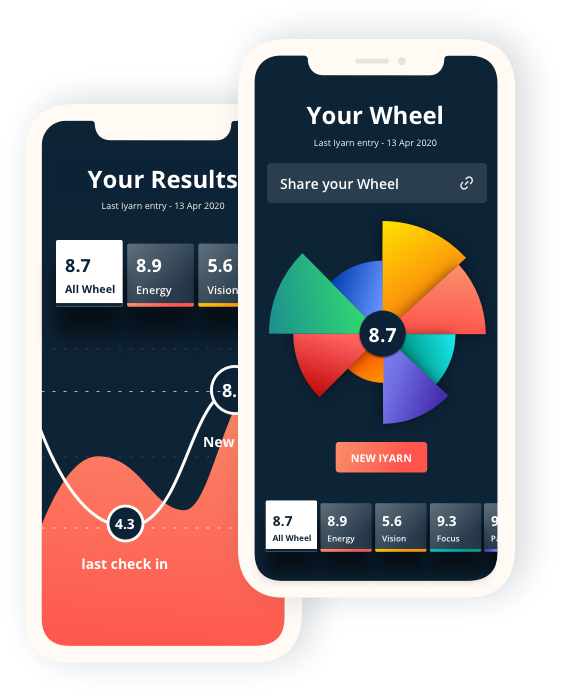
Paddling Australia’s CEO Attends iyarn Launch
Paddling Australia’s CEO Phil Jones recently attended the launch event for iyarn’s mobile apps. Hear what he had to say:
Richard Fox, famed British slalom canoeist and now an Australian canoeing coach, was also in attendance:
I’m connected to sport and high performance sport and there’s an immediate sense of application in terms of tracking athlete well-being, coach well-being in team sports or individual sports. It’s very flexible, easy to adapt, easy to use and accessible.
Get Your Athletes Talking
It’s easy to set up an iYarn ‘wheel’ to check in on paddlers in a club or a specific training group.
If you’re the first in your club, login and build a wheel by downloading the app from App Store (for iPhone) and Google Play (for Android) or use iyarn’s web app if you’re on a desktop. Set up a wheel in a few clicks and then share it to the people you need to check in with.
Check out our slightly longer guide to implementing iyarn in your sporting club here.
If you want help to implement the free app with your club, reach out to iYarn. We’re currently accepting registrations for iyarn’s Connection Workshops for the month of September.
